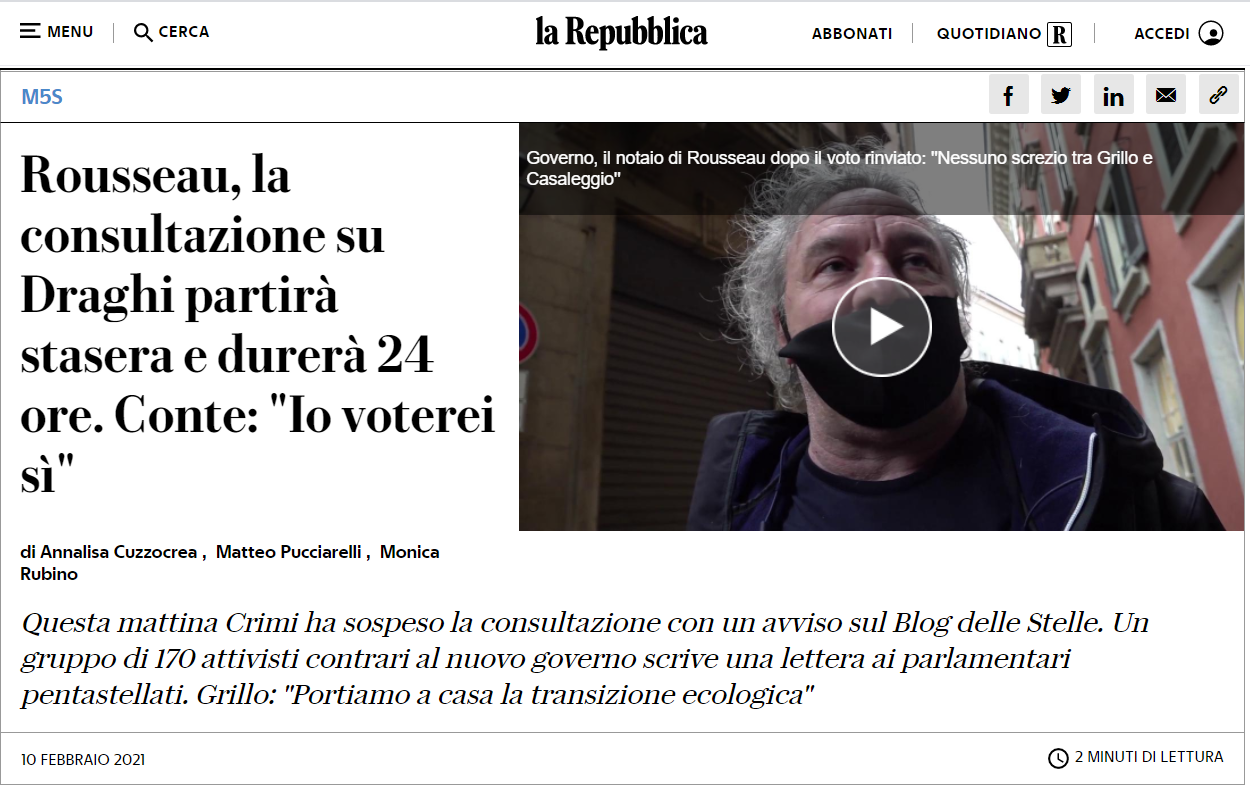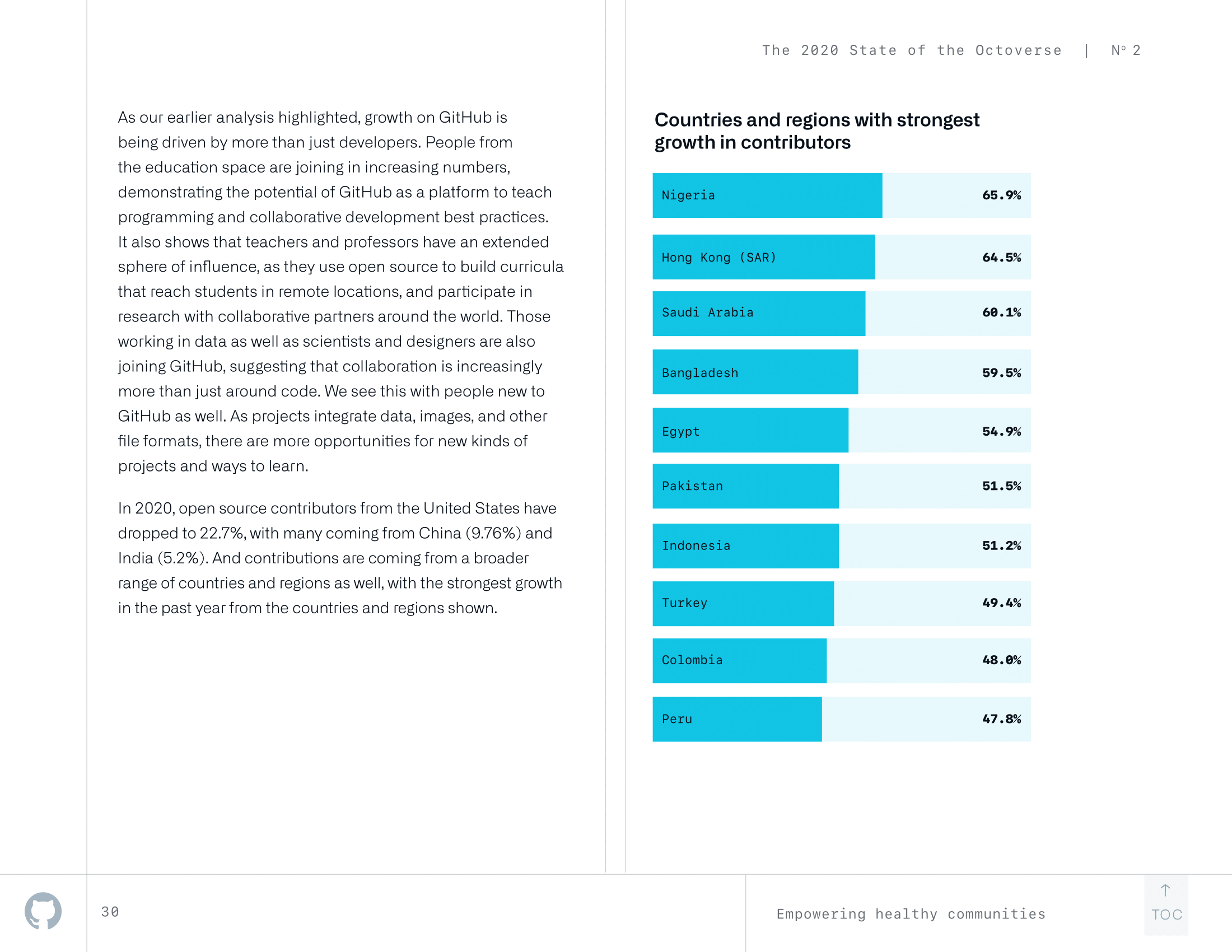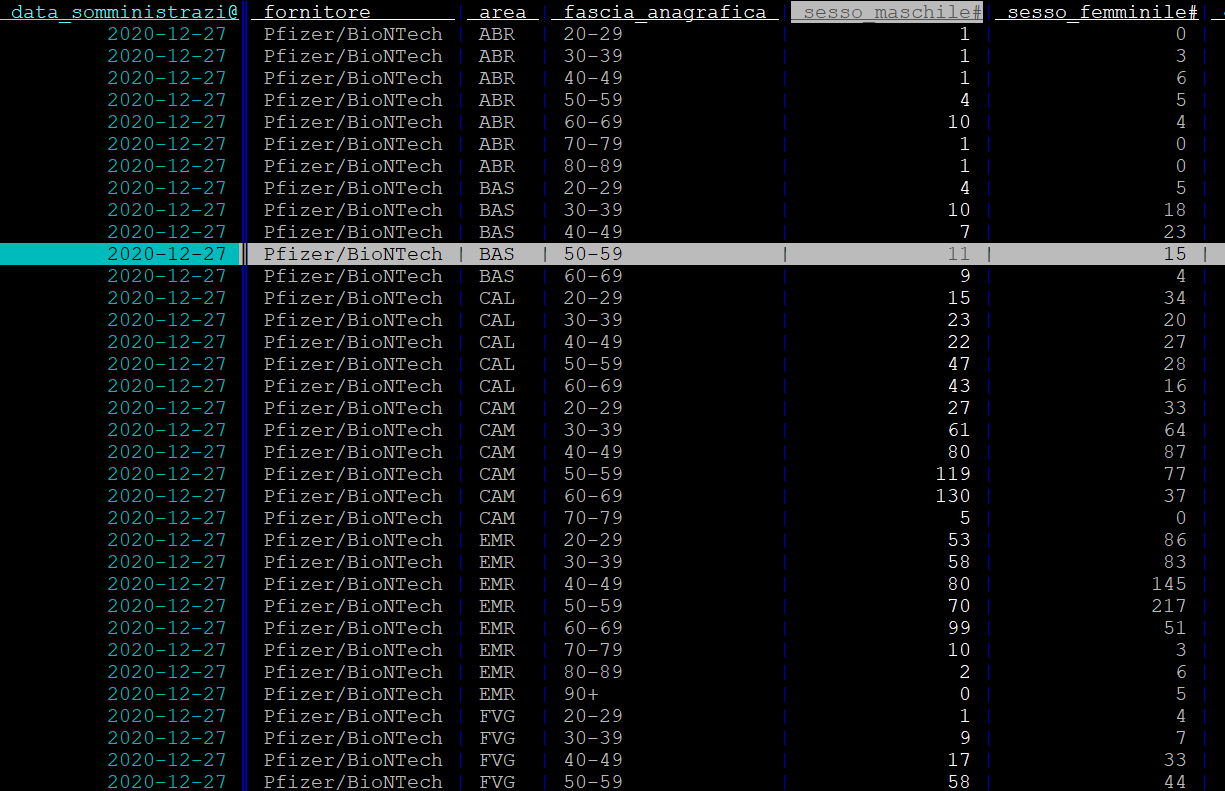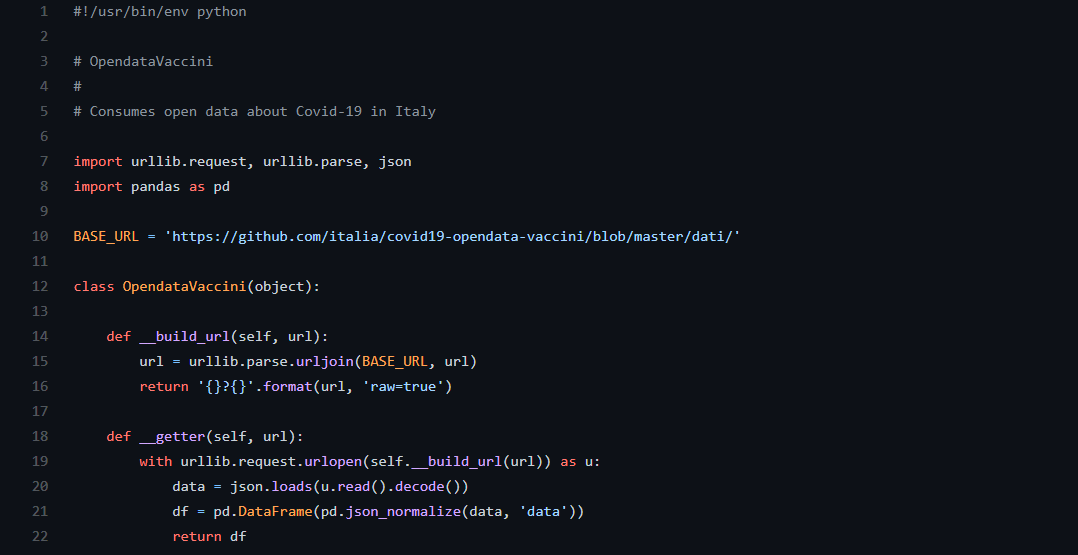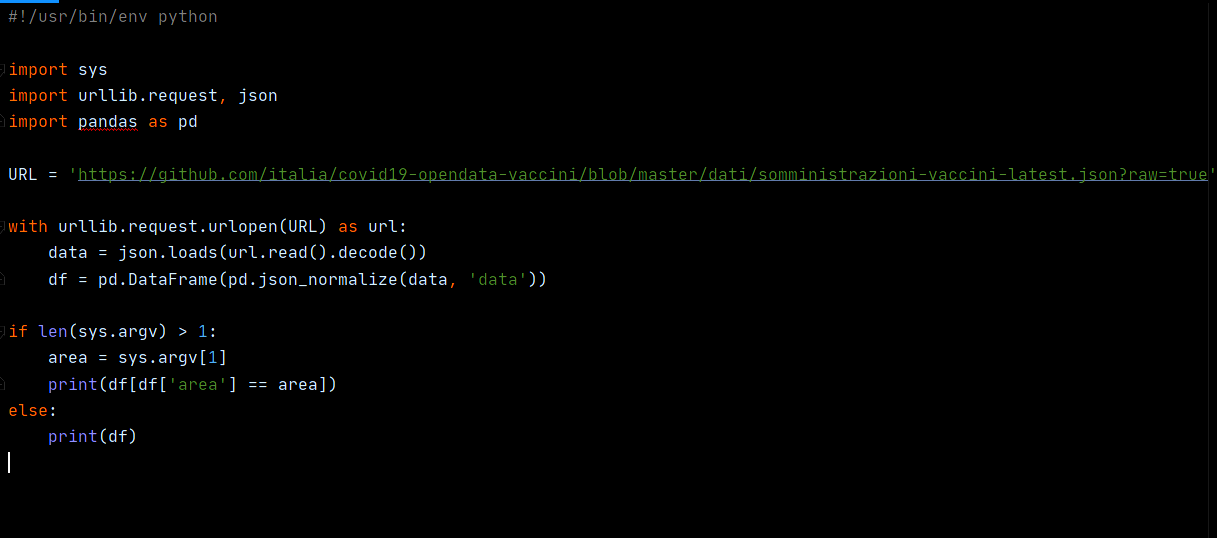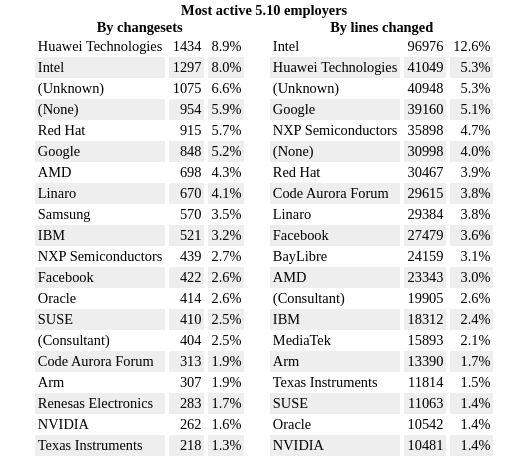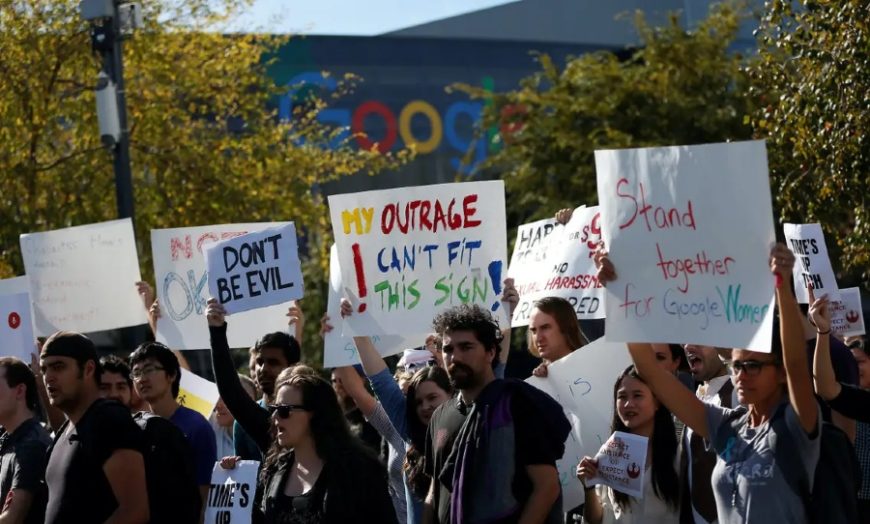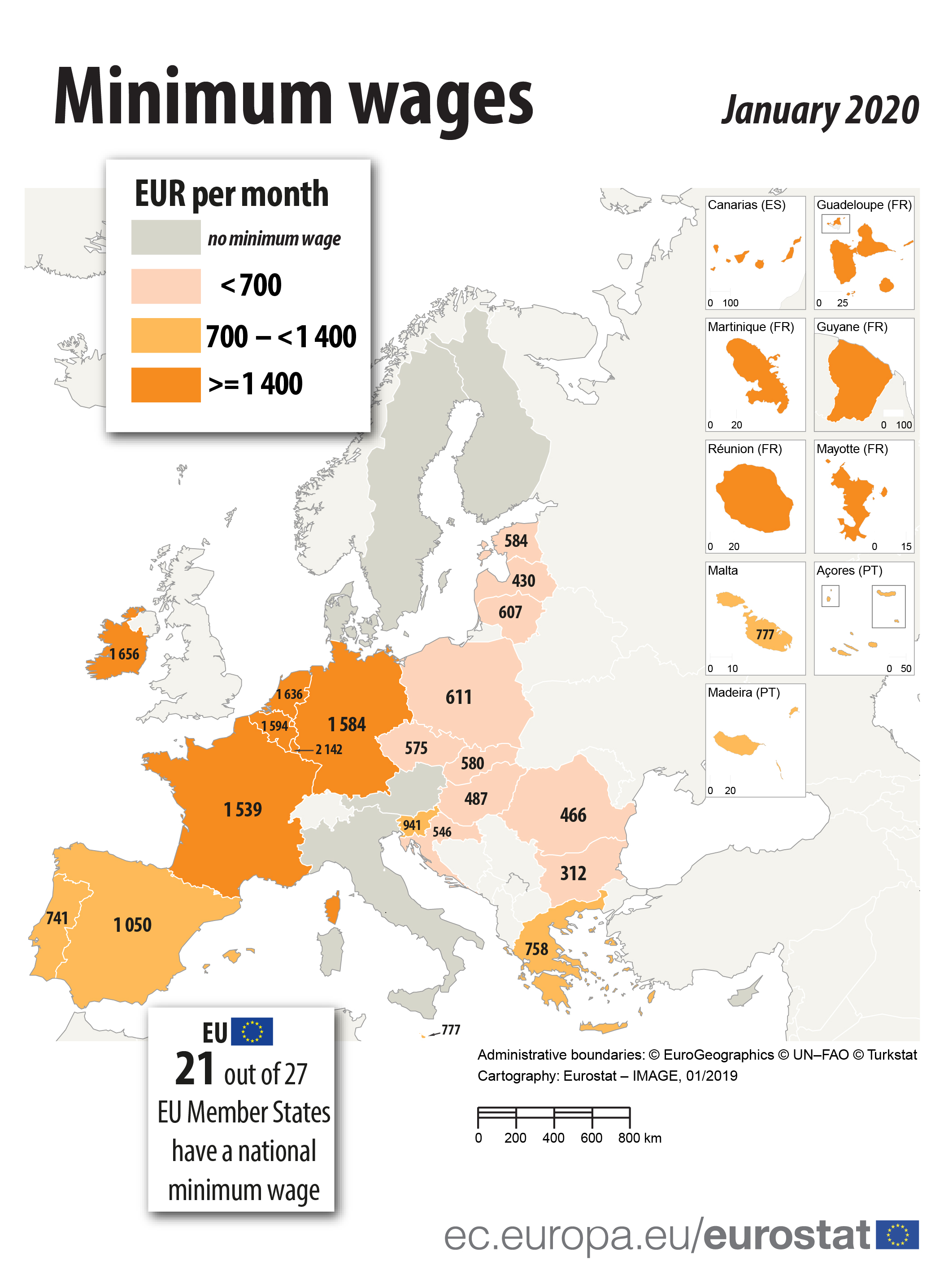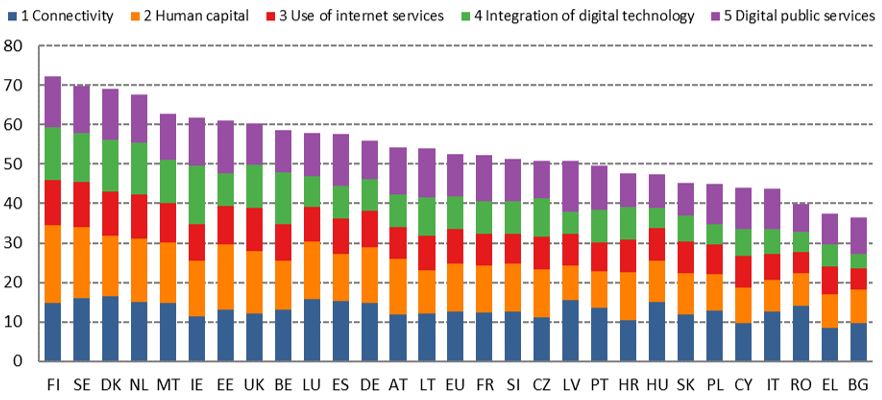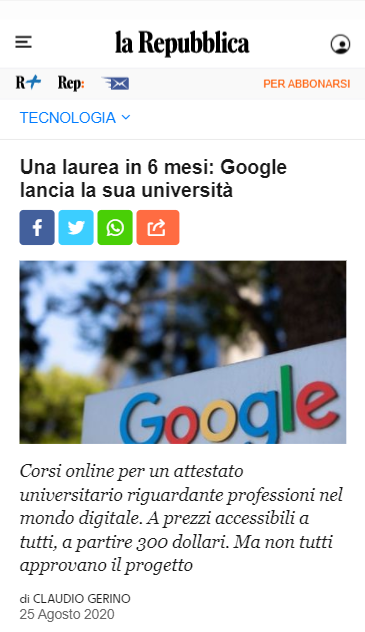The social cost of the gig economy
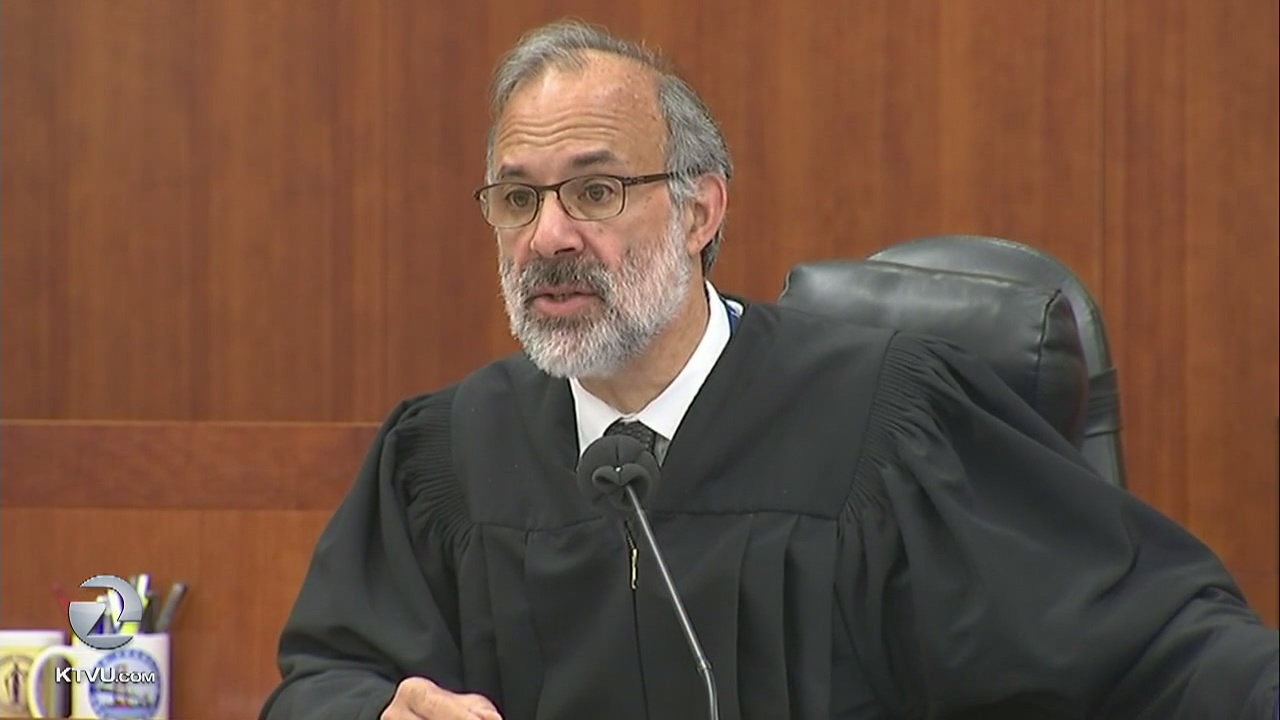
It used to be our creed, but now it is over. It is high time for us to ditch the narrative, half naive half downright brown-nosing, whereby the multinationals of the digital revolution are perfect creatures built by enlightened geniuses. Big techs, indeed, almost invariably build their fortunes much more on the inadequacy of regulations, on unfair tax regimes, on financial unscrupulousness and on the global scale on which they operate (and on which politics is unable to be of any efficacy) than on bona fide innovation. It is not for their (albeit brilliant) AI algorithms that Uber and Lyft dominate the market, but because they have been able to exploit the gray areas in national legislation and to cut costs on the management of the working force. Gig operators were hailed as novel entrepreneurs but were, in fact, devoid of any protection and entirely depending on customers’ reviews and petty nuisances: in a word, the very parody of the American dream.
Yet, as California is not only Sylicon Valley but also a huge laboratory of civil rights, on Monday this man, Ethan P. Schulman, a judge at the San Francisco Superior Court, ordered workers in the gig economy to be recognized as employees under all respects, as much as the engineers who work in the ICT headquarters. In retaliation, Uber and Lyft, which have built their business model on the lack of protection of their workforce (indeed, on its “commodification”), threatened to leave the State.
«It is high time that they face up to their responsibilities to their workers and to the public», Judge Schulman declared. Such words as I would like to be our compass for the years ahead, in the aftermath of a pandemic which is amassing unimaginably large power and wealth in the hands of the very few. Words so powerful that the financial markets themselves couldn’t help but listen to them.


